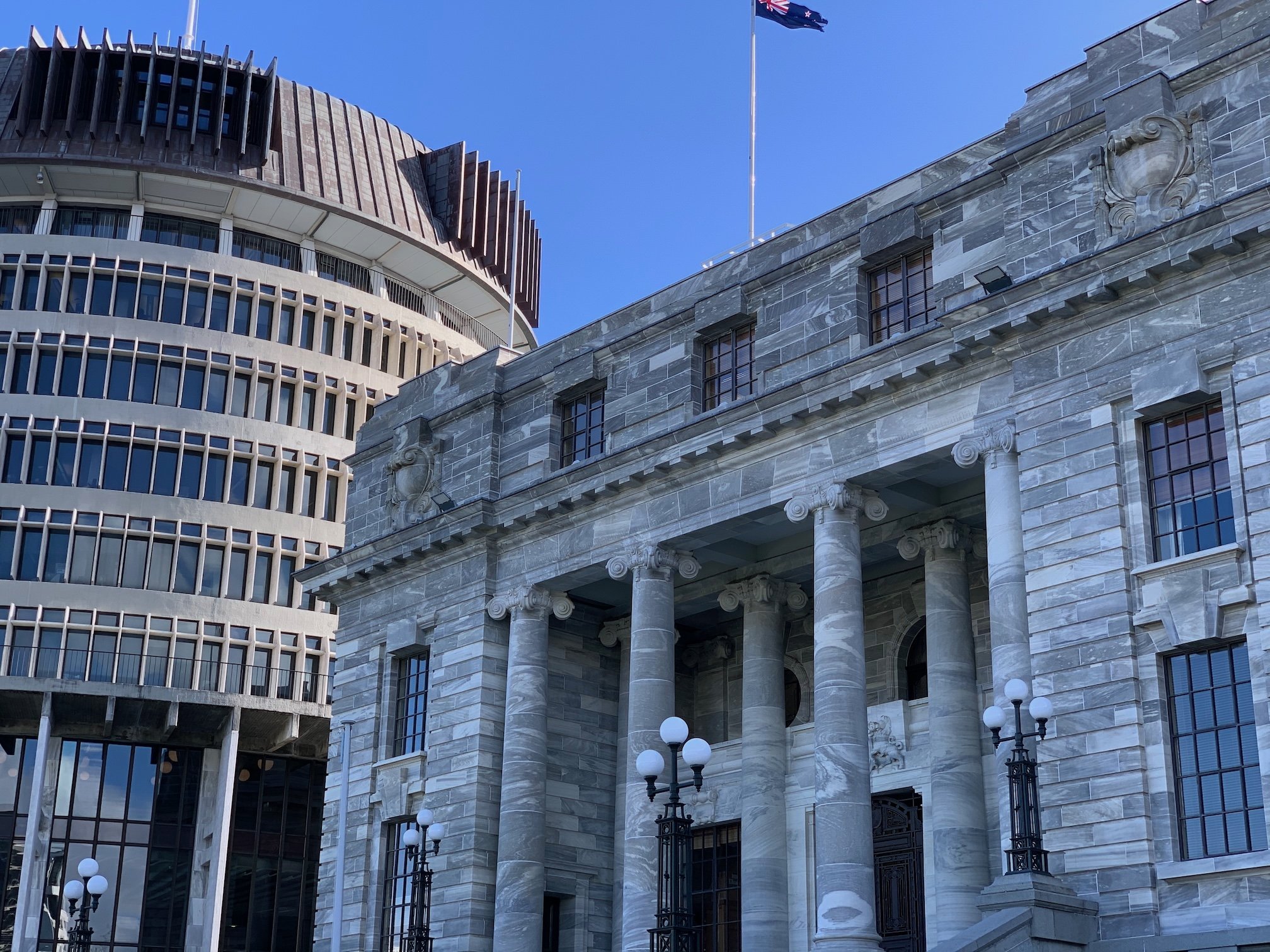
I work in an…
Iwi, NGO or community organisation
Engaging with government
Many people from an iwi, NGO, or community organisation engage with government in one way or another. Some examples include:
providing social services for government (e.g. in the health, education, and housing sectors)
government funding for projects
joint management of natural resources (e.g. lakes, rivers, parks)
partnering with government to improve infrastructure
input into policy design and government discussion documents
If you’re in one of these groups, it’s easy to feel overwhelmed when dealing with government. Government is large and complex, and it can be difficult to see how all the pieces fit together.
Successfully engaging with government requires an understanding of how government works - what do public sector agencies do, how do they support their ministers, and how do decisions actually get made?
Our machinery of government course will give you this knowledge. At the end of the course you’ll feel more confident about the machinery of government and how best to engage with it.
The Insider’s Guide to NZ Government (on-demand)
What: Machinery of government course
Format: On-demand, 5 sessions (approximately 1 hour per session)
Cost: $450 + gst per person
Resources: Course participants receive all course slides, plus recommended reading lists and FAQs for each session
Time limits: None - do the 5 sessions at your own pace
Access: Any internet browser (no special software needed)
Register: Click here
Course content
-
This session introduces the building blocks of New Zealand government based on the separation of powers concept:
The King and the Governor-General
Branch 1: Executive (ministers and the public sector)
Branch 2: Parliament (members of Parliament)
Branch 3: The judiciary (judges and the courts)
-
Here we look at how a government takes office, using the current National-ACT-New Zealand First government. The session covers:
How the MMP electoral system works
Building a majority in Parliament
Coalition government
Party caucuses
-
The main job of Parliament is to hold the executive (Ministers and agencies) to account for their performance. Is the government meeting its targets? Does it have the right priorities? Are ministers and officials following the rules? These are the questions opposition parties will ask. A lot.
In this session we look at - practically speaking - how opposition parties hold the government to account through examining laws and scrutiny of the government’s budget.
The main focus of this session is on Parliamentary Questions, including Written Questions and Question Time, and specifically, the role that agencies have in supporting their ministers to answer the hard questions!
-
This session shines a light on ministers and how they make policy decisions at Cabinet. Here we learn the distinction between ministers inside and outside Cabinet, Associate Ministers, and why ministers are given particular ‘portfolios’.
A key takeaway from this session is how ministers actually make policy decisions at Cabinet. What are the steps involved? How do officials help ministers make good decisions? And in a coalition government, how do they come to an agreed policy choice?
-
This session is great if you’re trying to wrap your head around the public sector.
The focus here is on introducing you to the difference between the main types of public sector agencies. As a result, you’ll have a better sense of where each agency fits into the machinery of government, and you’ll also feel more confident interacting with officials from different government agencies.



